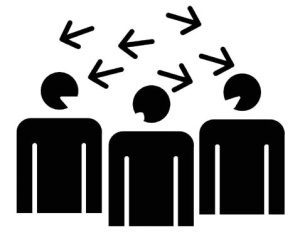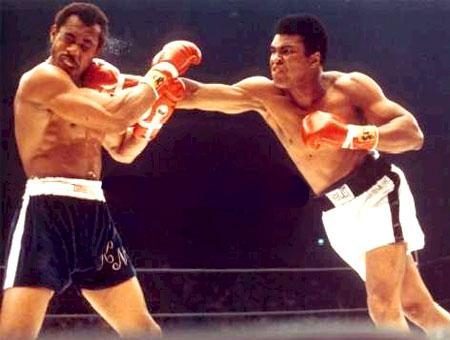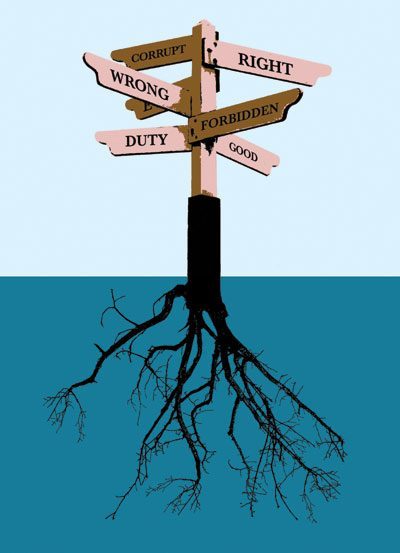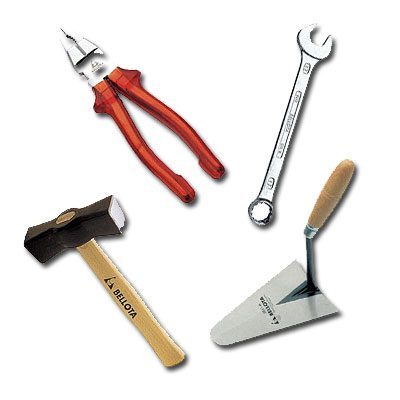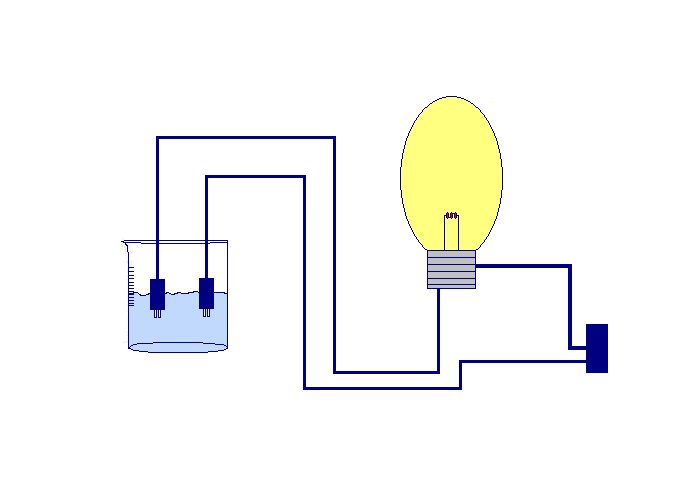 Capital is the element necessary for the production of consumer goods and that consists of machinery, real estate or other types of facilities. Thus, the so-called capital goods are those goods intended for the production of consumer goods. These have to be sufficiently effective to meet needs and generate economic revenue.
Capital is the element necessary for the production of consumer goods and that consists of machinery, real estate or other types of facilities. Thus, the so-called capital goods are those goods intended for the production of consumer goods. These have to be sufficiently effective to meet needs and generate economic revenue.
There are different types of capital: working capital, which is one that runs out in production and must be replaced; fixed capital, which has long-term wear and tear and does not run out in production; variable capital, which is one that is exchanged for a job, that is, the salary paid to employees; and finally, constant capital, which corresponds to the investment made in machinery, raw materials, etc.
Nowadays, some of Marxism's statements regarding the behavior of capital may seem old-fashioned, but it is important to remember them because of the importance they had in the history of the 20th century. Basically his proposal is that the profits of the production process are reinvested in machinery and better mechanisms that cause a better production capacity and a decrease in the requirement of human labor. In this way, each time there is the capacity to produce more consumer goods at the same time that there are fewer people with the capacity to acquire those goods. According to Marx, this contradiction of the system would inevitably lead to its abolition, emerging a new form of organization that would lead to a classless society.
The ability to attract capital is one of the fundamental tasks of a country that wants to strengthen its economy. In addition to the fact that the establishment of capital from abroad would increase the production of goods, one of the most positive consequences would be the amount of employment it could create. That is why countries must take steps in this direction.

